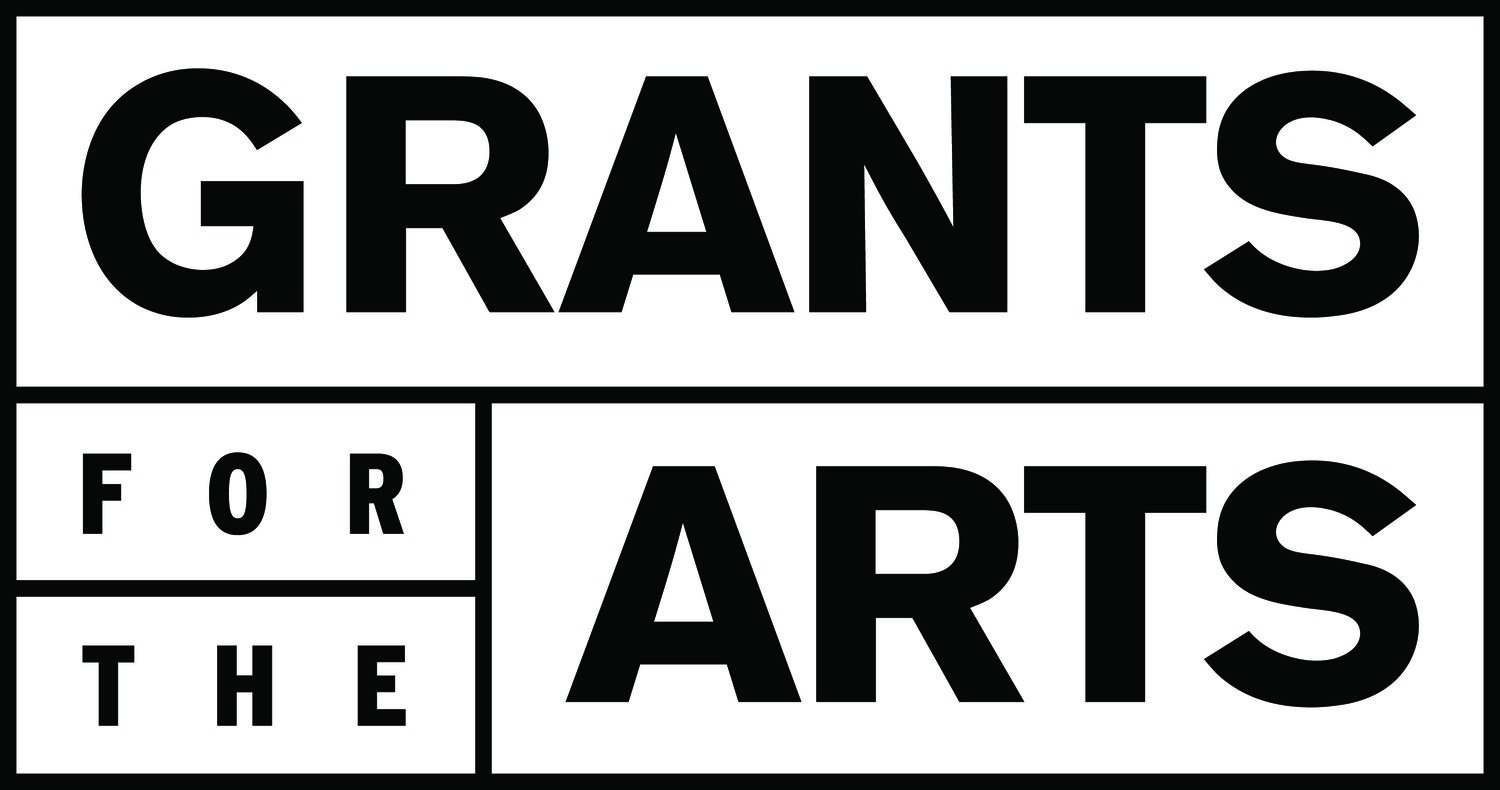Cocktail Hour: New Imagery in the AIDS Era
Mary Berridge, Jerome Caja, Paul Fukui, Steve Hart, Kevin Hill, David Keating, David King, Guy Kitchen, Alejandro Kuropatwa, Thomas McGovern, J. John Priola, Ken Probst, Louise Roach, Arthur Tress, Clare Wren, Al Winn and Frank Yamrus
Curated by Bob Kelley
June 19- August 8, 1998
Opening Reception: Friday, June 19; 5:30- 8:00 PM
Cocktail Hour: New Imagery in the AIDS Era presents the work of seventeen photographers and multi-media artists who are creating work in the shadow of the "AIDS crisis." The imagery is reflective of changes in the representation of AIDS that has occurred in the second decade of public awareness of the epidemic. There has been a definitive shift in current AIDS related photographic work away from the documentary approaches of the 1980s, which focused on the AIDS "victim" and the journey through AIDS to death. More recent work encompasses the role of memory, humor, irony, and mortality in a wide cultural context, expanding the visual language of the AIDS epidemic. Powerful new drugs are altering the nature and impact of the disease, and providing new perspectives and hope for artists and our culture as a whole.
These artists explore issues related to living with AIDS rather than dying from it. They challenge the cultural perceptions of the epidemic and face them with a sense of shared responsibility and reaction. While these artists acknowledge the pain and anguish caused by the disease, there is a concurrent focus on celebrating the sensations and power of the human body, however vulnerable. The work ranges from domestic journalism and survivor testimonials to imagery with more metaphoric resonances. Many of these artists face their subject with a cautious optimism for an uncertain future, attentive to the quiet epiphanies that each day offers, and consciously aware that HIV/AIDS will remain a crisis until there is a cure.
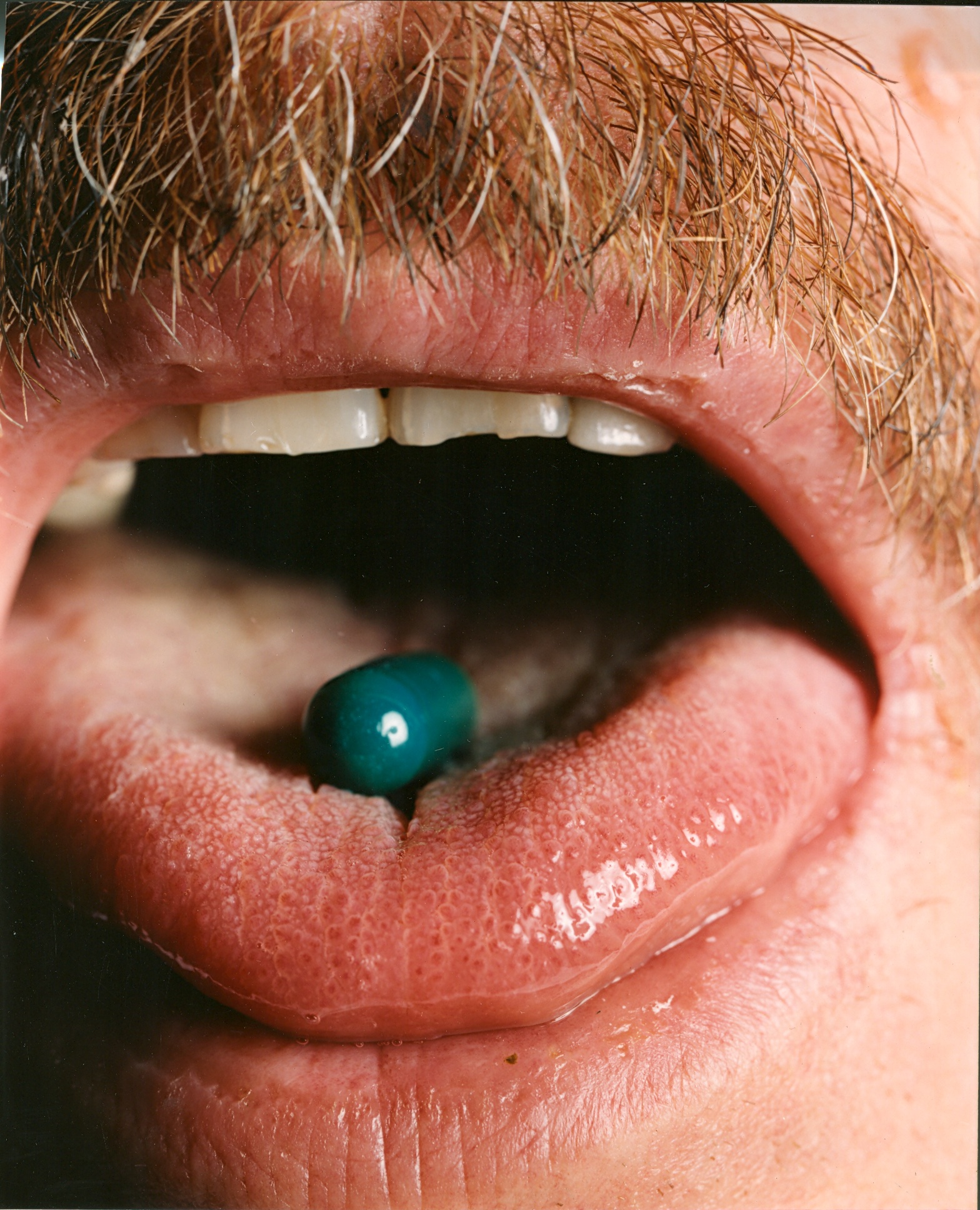
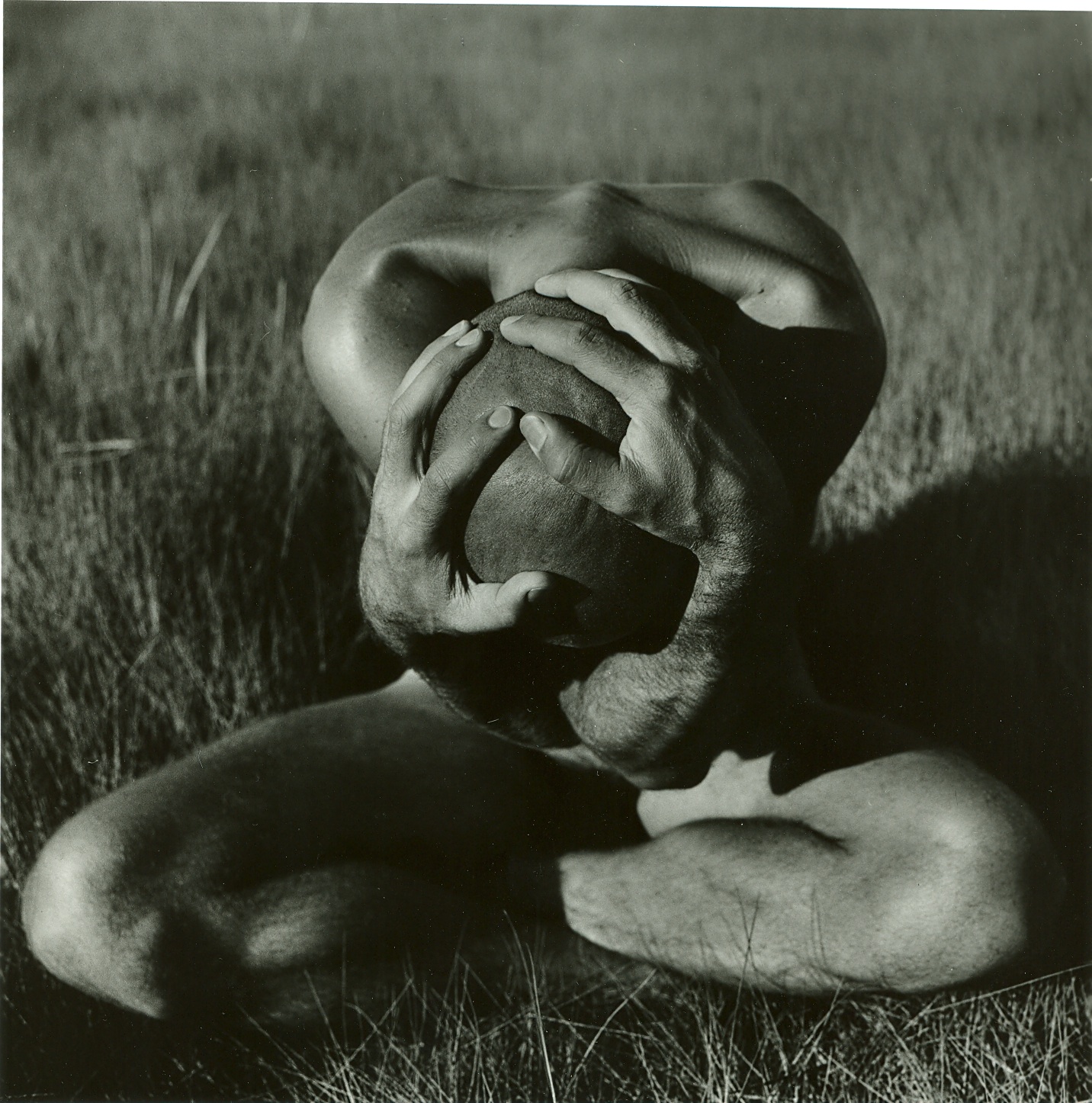
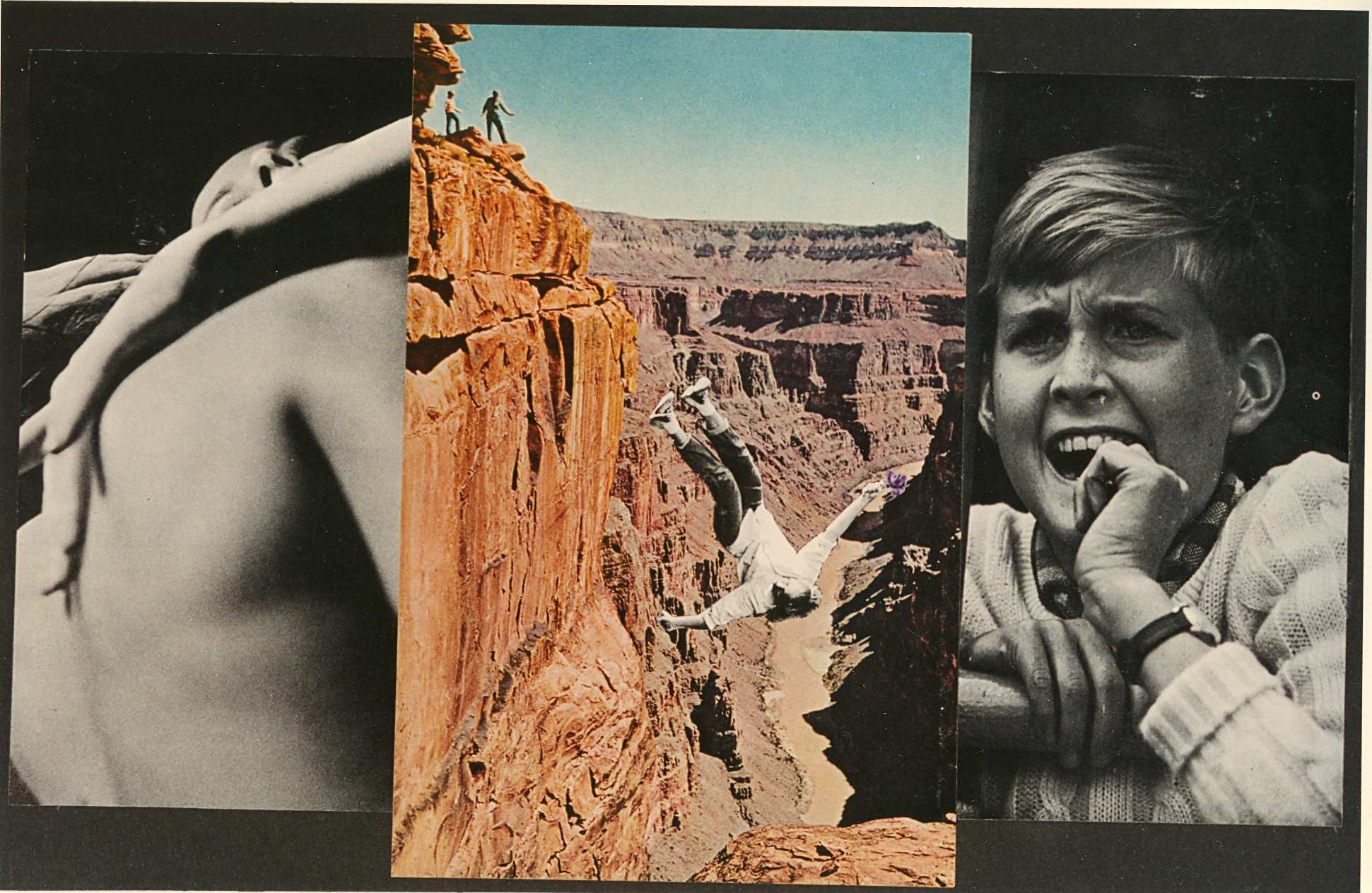
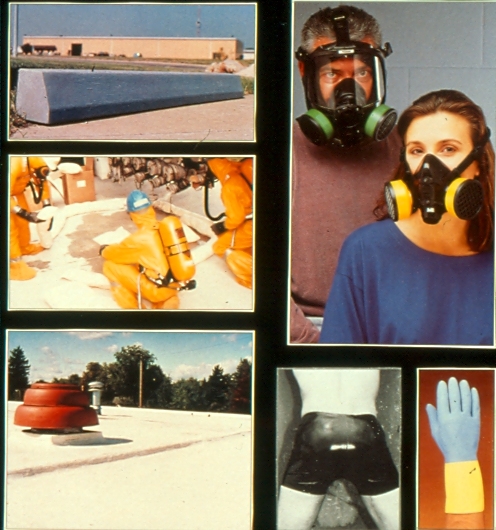
Public Programing
The Creative Voices of AIDS...A Trilogy
June19- August 8, 1998
Presented by the Artists Alliances Against AIDS inassociation with The Jon Sims Center for the Performing Arts and SF Camerawork and in part by The Keith Haring AIDS Memorial Chapel Project in conjunction with Cocktail Hour: New Imagery in the AIDS Era, an exhibition of photography and multi-media art work at SF Camerawork.
Event 1: Panel Discussion: Representing AIDS in a New Decade
Wednesday, July 8, 1998; 8:00 PM
This panel will focus on the examination of AIDS representation in the second decade of public awareness. From AIDS video, to performance and writing as a means of expression, these panelists will look at the role memory, humor, irony, and mortality play in current representation, expanding the dialogue about AIDS awareness in a larger cultural context. Panelists: Erin Cressida Wilson, playwright; Carol Siporen, Bay Area writer and artist; and Alex Juhasz, Los Angeles writer and video maker. A filmed performance by Bay Area actor Sean San Jose will be shown of a monologue created by Erin Cressida Wilson titled Maria's Dresses from Voices of Our Time, a series of selected monologues from Pieces of the Quilt (a series of one-act plays and monologues created by America's eminent playwrights about the human face of AIDS). Carol Siporen will also read from her collection of autobiographical writings.
Erin Cressida Wilson is an internationally produced, award winning playwright, and professor at Duke University. She has been collaborating with Sean San Jose since 1986 and was the first writer commissioned for Pieces of the Quilt. She lives in North Carolina and New York City.
Carol Siporen is a writer and visual artist who lives in Alameda, CA. She is an AIDS Clinical Trail Advocate for Women, and president of the Board of Directors for WORLD, an AIDS organization that supports women who are living with HIV/ AIDS.
Alex Juhasz is a video maker, writer and author of the book AIDS TV, Identity, Community, and Alternative Video, published by Duke University Press, 1995. She has made over 15 education and activist videos of which many are about AIDS and other feminist issues. She lives in Pasadena, CA.
Event 2: From the Neighborhood
Sunday, July 12; 6PM
The Jon Sims Center for the Performing Arts
1519 Mission Street at 11th (next door to Firestone Station)
A multi-media program with theatrical performance in the round with projected images from the SF Camerawork exhibtion. There will be a solo performance of several monologues including works by Magdalia Cruz, Octavio Solis and Erin Cressida Wilson from Voices of Our Time, from the series Pieces of the Quilt performed by Sean San Jose accompanied by percussionist, Josh Jones, and jazz vocalist, Scheherazade Stone with guest musicians from the Gay Freedom Day marching Band.
Event 3: From the Streets
Wednesday, July 15; 8PM; (rain date: Wednesday, July 22)
Gasser's parking lot across from Adolf Gasser's Photography Store
181 Second Street (between Folsom and Howard)
An evening of live music and performance by Herbert Siquenza (Culture Clash), Magdalia Cruz, Erin Cressida Wilson and introducing a work in progress by playwright John Kay from Voices of Our Time, performed by Sean San Jose and accompanied by percussionist, Josh Jones and jazz vocalist, Scheherazade Stone with special guest performing artists and Trumpeters from the Dixieland Dykes.
Lecture: Erika Langley and Ken Probst
Wednesday, June 24; 7:30 PM
Photographer Erika Langely will discuss her recently published body of work The Lusty lady (Scalo, 1997), a collection of images and texts made from around her experiences working as a dancer at Seattle's woman-run strip joint of the same name.
Ken Probst will speak on his photographs made of the sets of gay and straight adult films. His work explores the often humorous and banal aspects of making sex for the screen.
Lecture: J. John Priola and Frank Yarmus
Wednesday, July 1; 7:30 PM
J. John Priola discusses his iconic images of objects which explore the condition of presence and absence and reflect on the poignancy and meaning of these states.
Frank Yarmus' nudes made in the dunes of Provincetown, Massachusetts metaphorically examine issues of sex and intimacy, mortality and loss as reflected in the relationship between the landscape of nature and the landscape of the human body.



